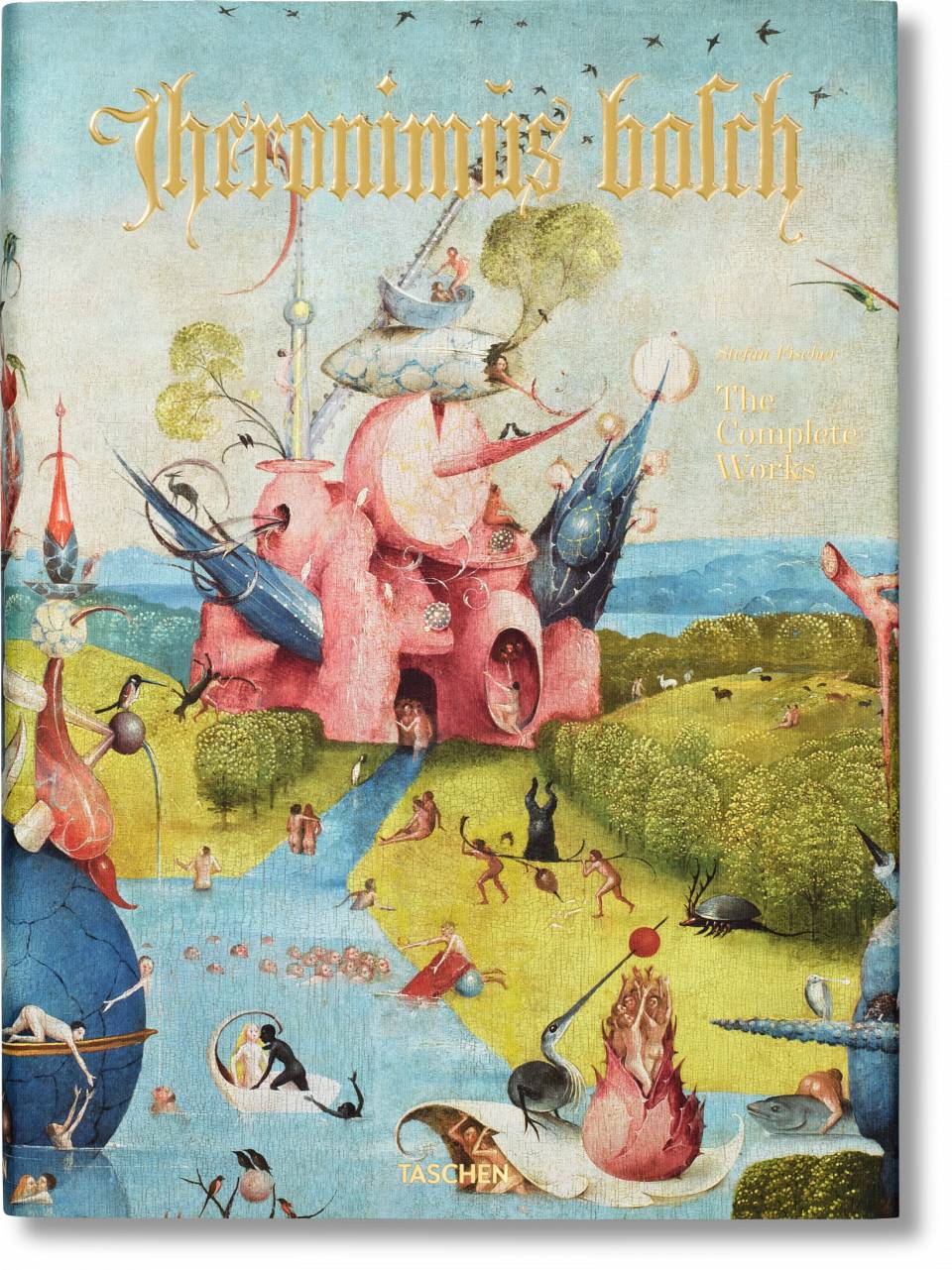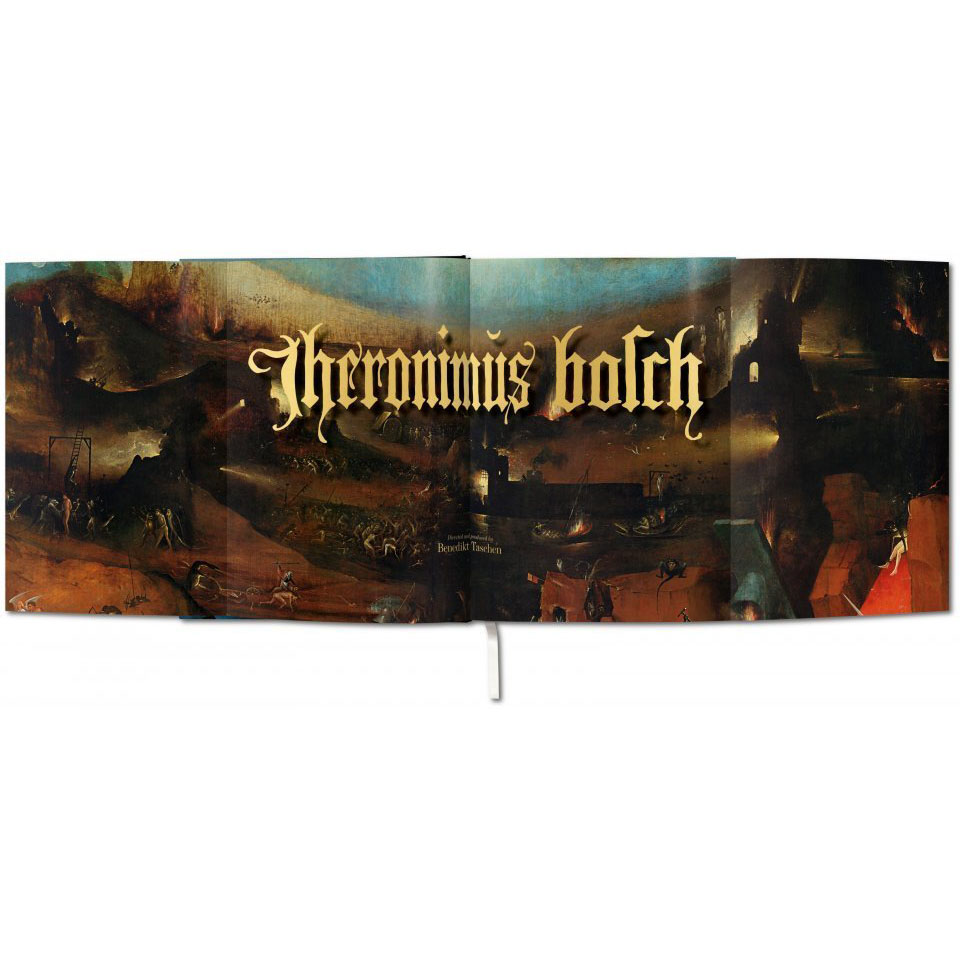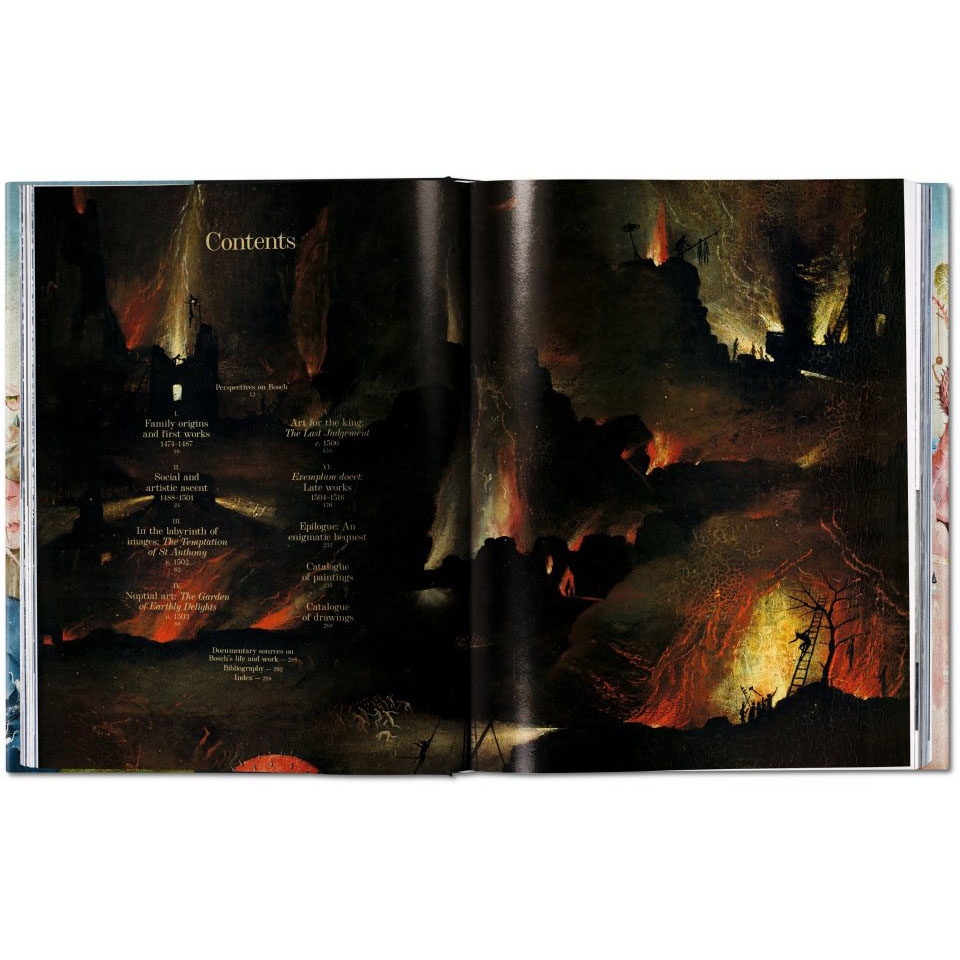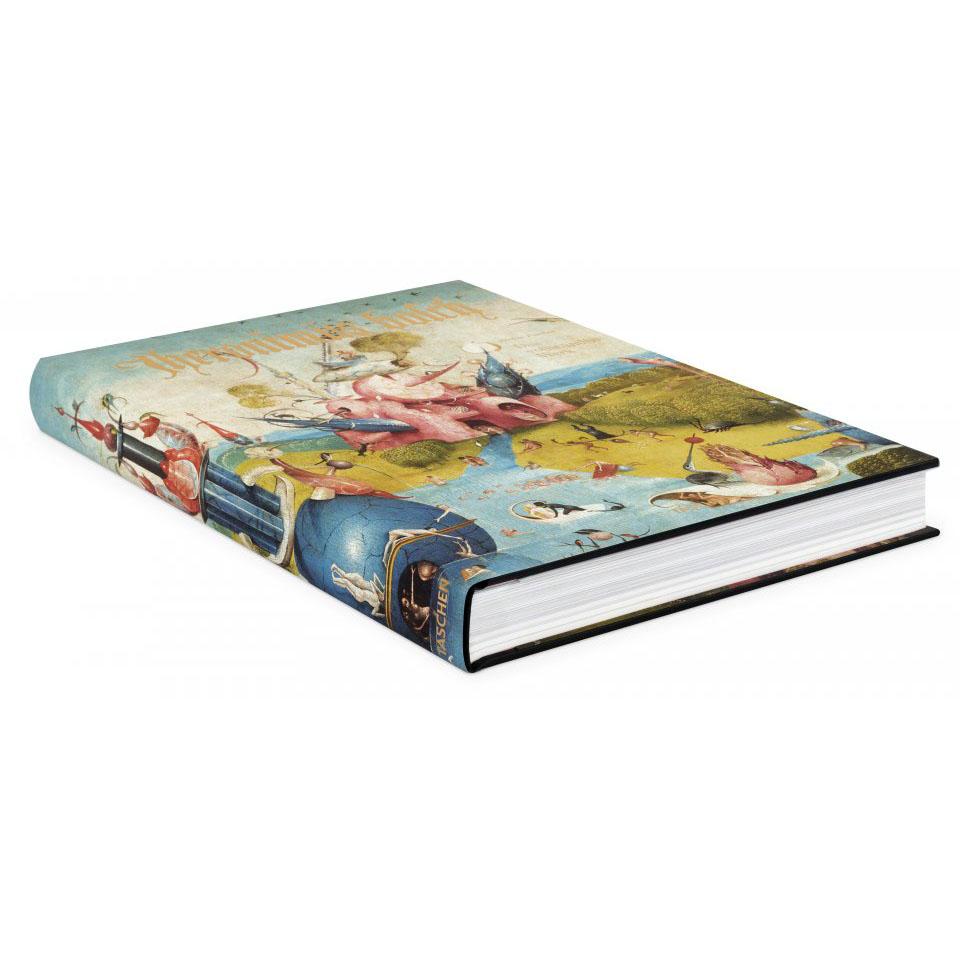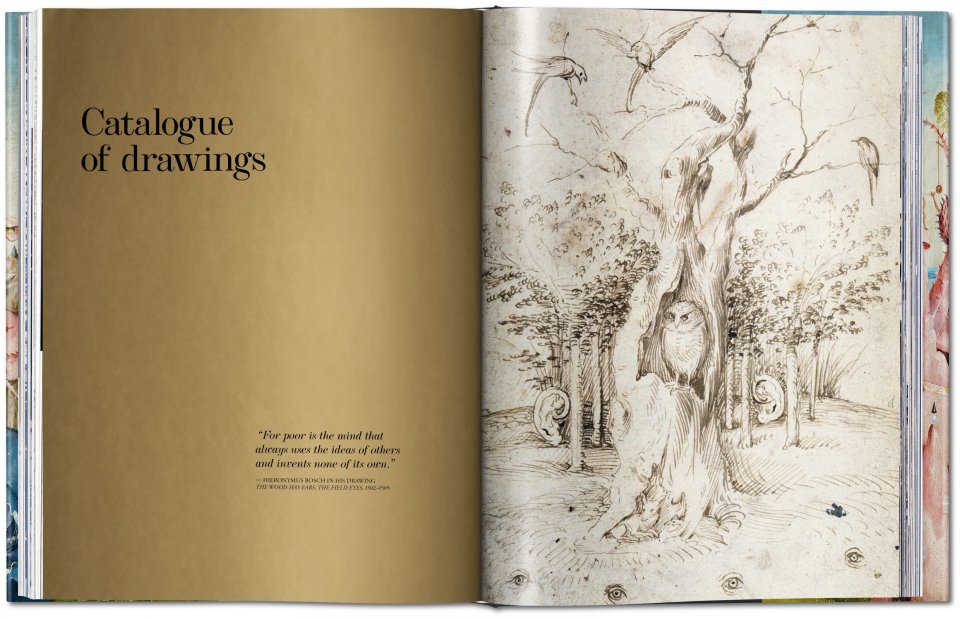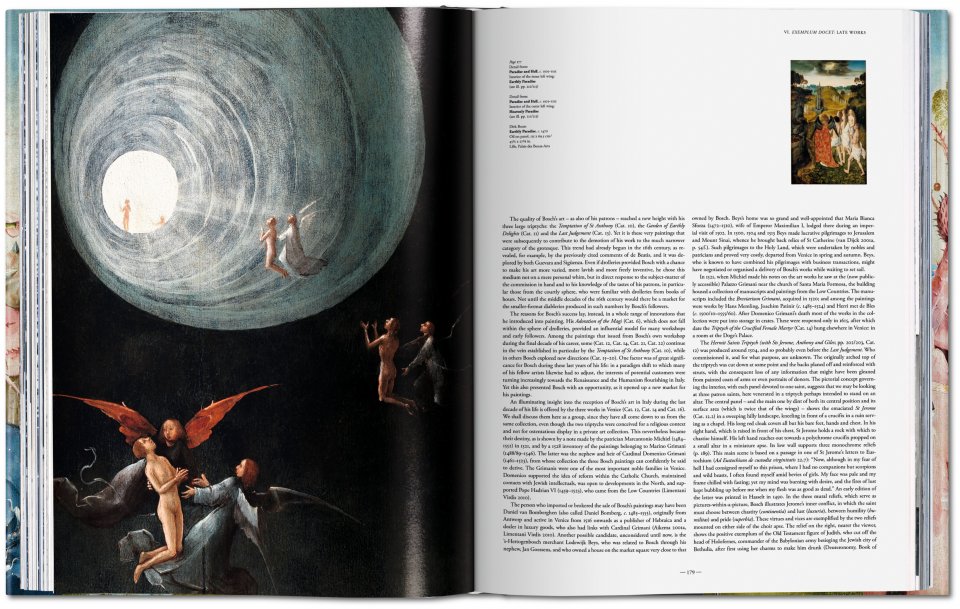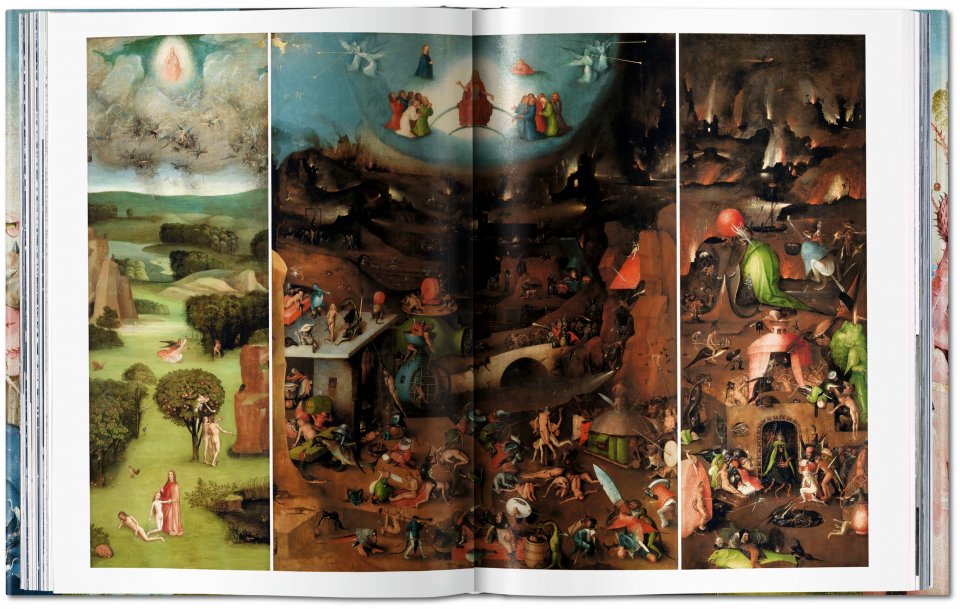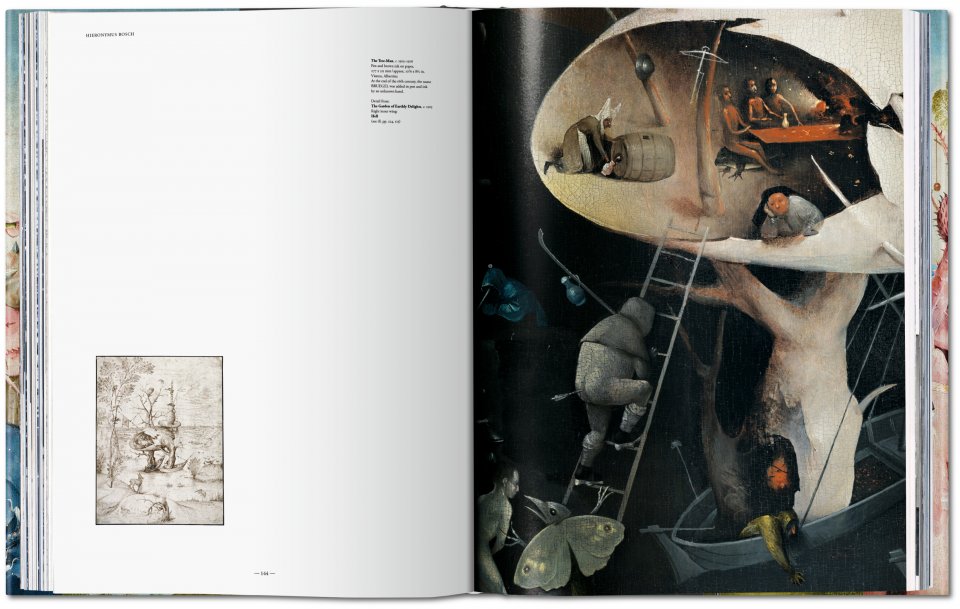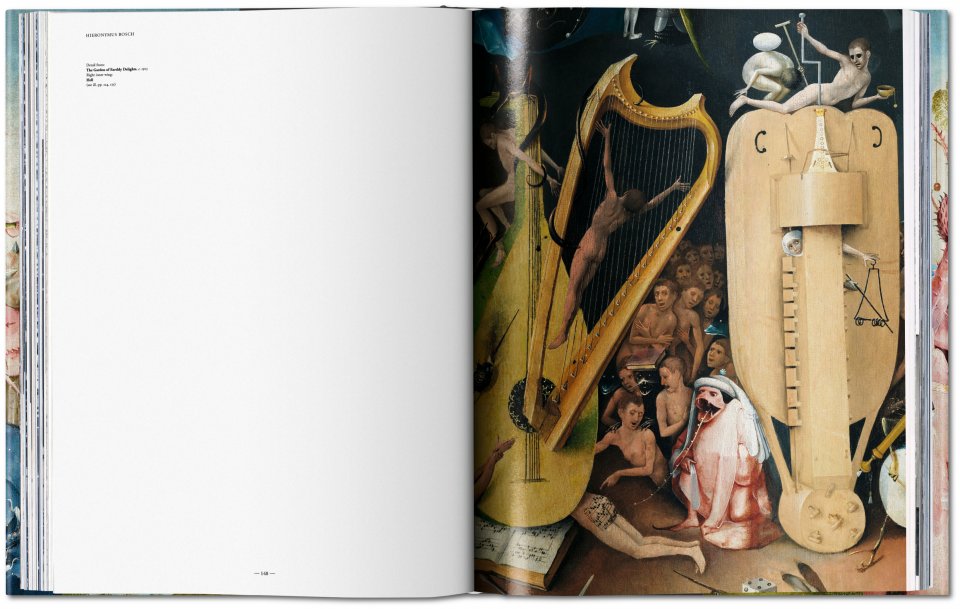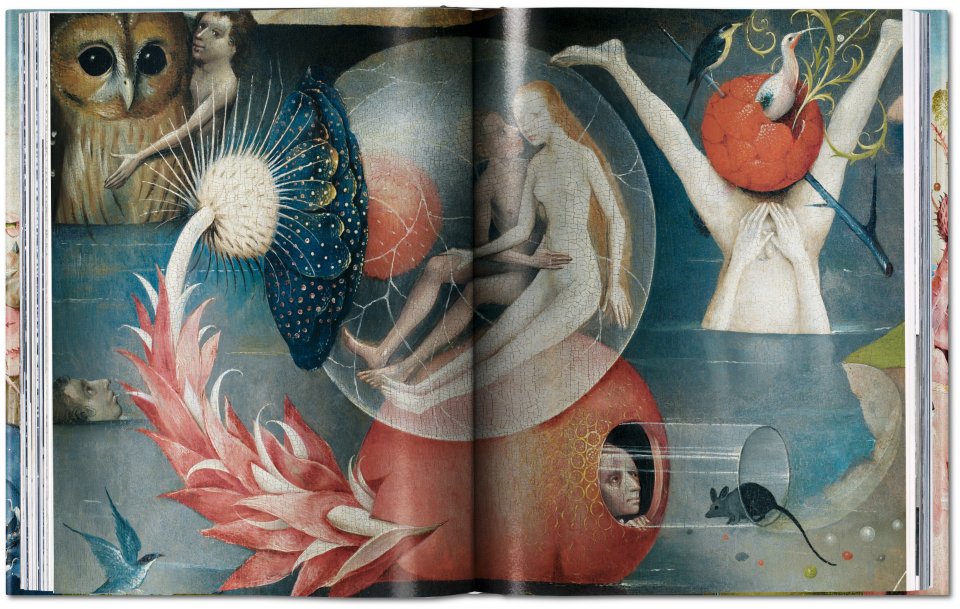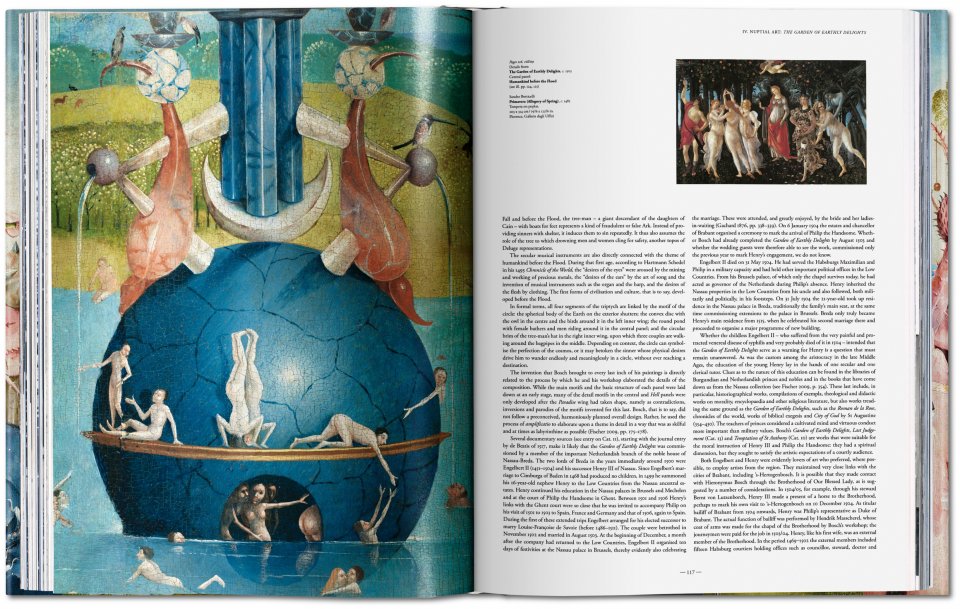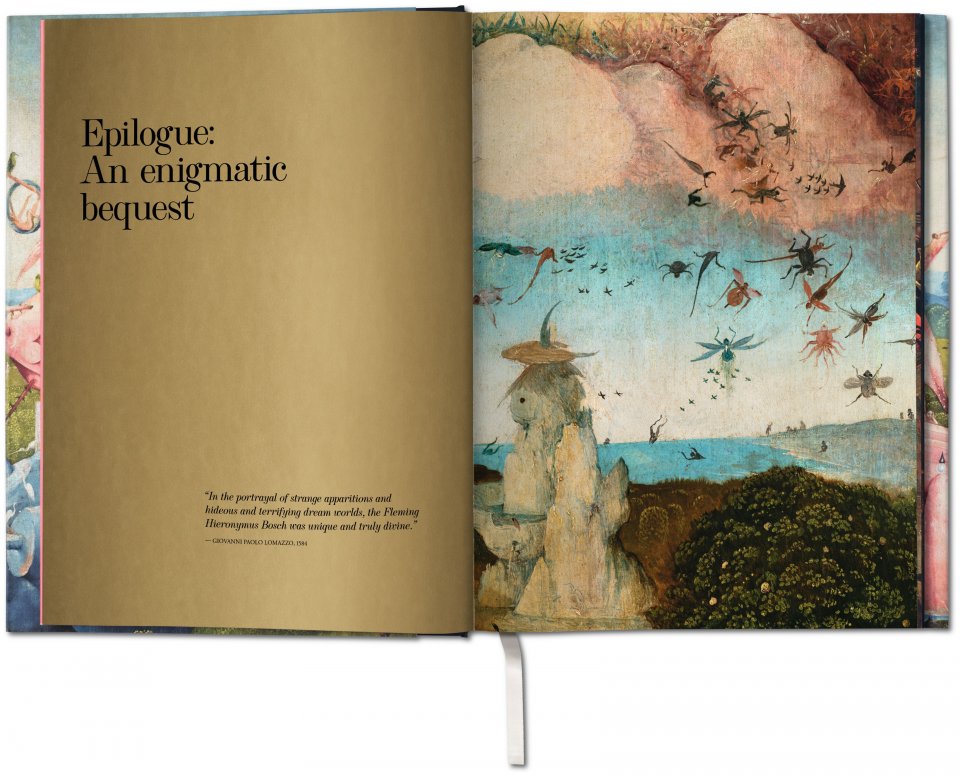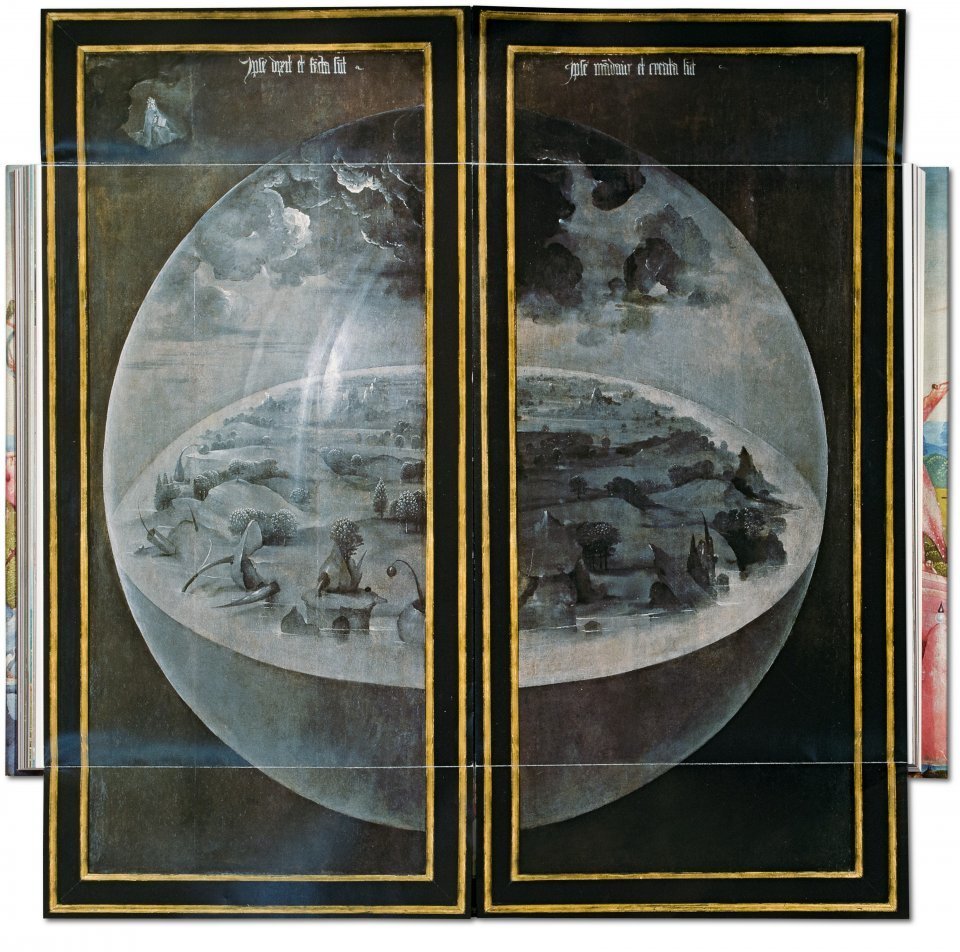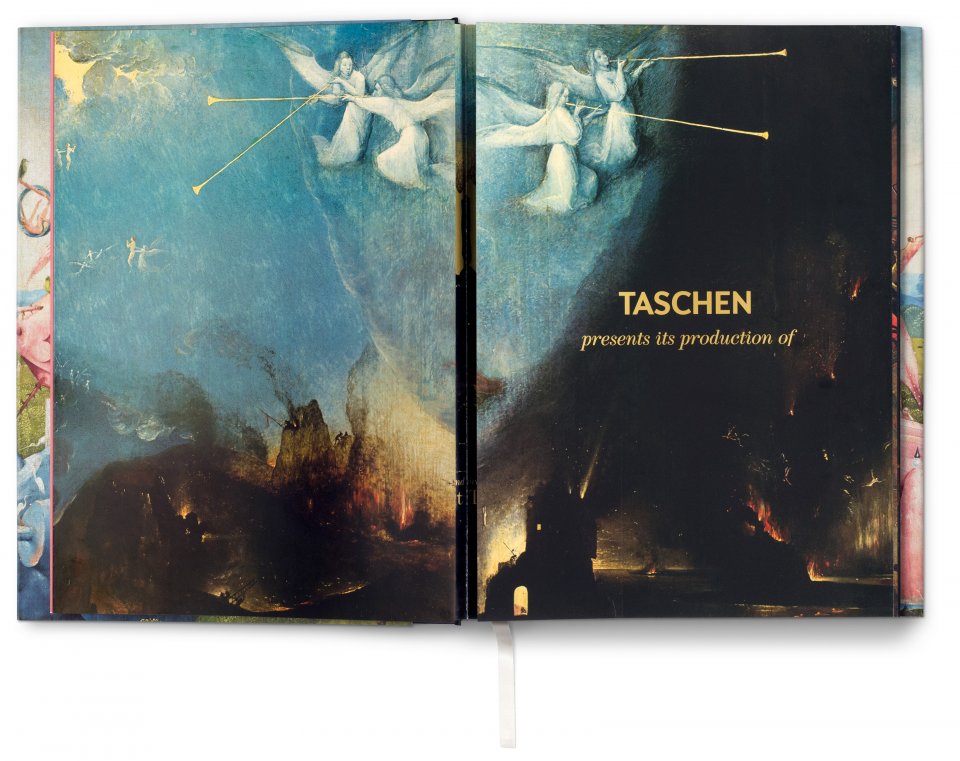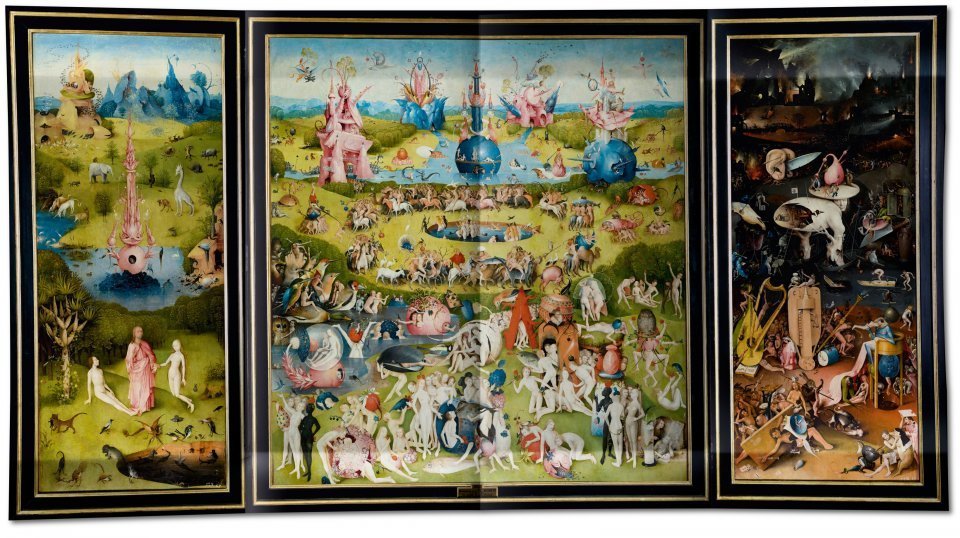Hieronymus Bsch. The complete works
Mô tả ngắn
Product detailsFormat Hardback | 276 pagesDimensions 290 x 395 x 53.34mm | 3,175gPublication date 20 Dec 2013Publisher Publication City/Country Cologne, GermanyLanguage EnglishISBN10 3836526298...Còn hàng
3,760,000 đ
- Giao hàng toàn quốc
- Được kiểm tra hàng
- Thanh toán khi nhận hàng
- Chất lượng, Uy tín
- 7 ngày đổi trả dễ dàng
- Hỗ trợ xuất hóa đơn đỏ
Giới thiệu Hieronymus Bsch. The complete works
Product details
- Format Hardback | 276 pages
- Dimensions 290 x 395 x 53.34mm | 3,175g
- Publication date 20 Dec 2013
- Publisher
- Publication City/Country Cologne, Germany
- Language English
- ISBN10 3836526298
- ISBN13 9783836526296
- Delicious demons. Deciphering allegories in the complex, fantastical works of Hieronymous. In the midst of the realist-leaning artistic climate of the Late Gothic and Early Renaissance, Dutch painter Hieronymus (c. 1450-1516) was more than an anomaly. B's paintings are populated with grotesque scenes of fantastical creatues succumbing to all manner of human desire, fantasy, and angst. One of his greatest inventions was to take the figural and scenic representations known as drolleries, which use the monstrous and the grotesque to illustrate sin and evil, and to transfer them from the marginalia of illuminated manuscripts into large-format panel paintings. Alongside traditional hybrids of man and beast, such as centaurs, and mythological creatures such as unicorns, devils, dragons, and griffins, we also encounter countless mixed creatures freely invented by the artist. Many subsidiary scenes illustrate proverbs and figures of speech in common use in B's day. In his Temptation of St Anthony triptych, for example, the artist shows a messenger devil wearing ice skates, evoking the popular expression that the world was `skating on ice`-meaning it had gone astray.
In his pictorial translation of proverbs, in particular, B was very much an innovator. B - whose real name was Jheronimus van Aken - was widely copied and imitated: the number of surviving works by B 's followers exceeds the master's own production by more than tenfold. Today only 20 paintings and eight drawings are confidently assigned to B's oeuvre. He continues to be seen as a visionary, a portrayer of dreams and nightmares, and the painter par excellence of hell and its demons. In this exhaustive book, published in view of the upcoming 500th anniversary of B 's death and covering his complete works in huge, splendid reproductions with copious details, art historian and acknowledged B expert Stefan Fischer examines just what it was about B and his painting that proved so immensely influential.
Giá sản phẩm trên Tiki đã bao gồm thuế theo luật hiện hành. Bên cạnh đó, tuỳ vào loại sản phẩm, hình thức và địa chỉ giao hàng mà có thể phát sinh thêm chi phí khác như phí vận chuyển, phụ phí hàng cồng kềnh, thuế nhập khẩu (đối với đơn hàng giao từ nước ngoài có giá trị trên 1 triệu đồng).....
Hình ảnh sản phẩm















Giá OBOT
Thông tin chi tiết
| Công ty phát hành | ARTBook |
|---|---|
| Nhà xuất bản | Taschen |
| Loại bìa | Bìa cứng |
| Số trang | 276 |
| Ngày xuất bản | 2013-12-14 09:15:02 |
| ISBN-13 | 9783836526296 |
| SKU | 7342711632332 |

